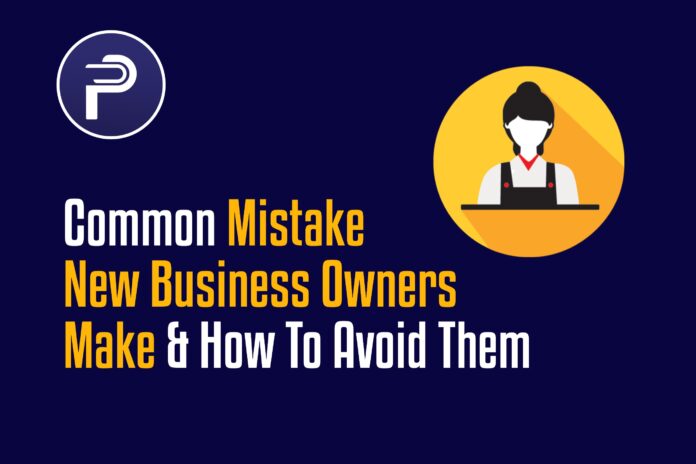Introduction
Starting up a new business venture offers both fulfillment and challenges. So many pitfalls lurk in the journey of entrepreneurship, catching new business owners off guard. Such challenges can result in expensive repercussions, which could have been prevented through seeking professional guidance or conducting thorough research beforehand.
Must Read:Top 10 Best Auto Insurance Companies in USA and Their Various Benefits
What are the common mistakes new business owners make?
Here are some common mistakes new business owners make when starting up their businesses.
- They don’t get advance advice on choice of entity/tax treatment.
- Setting unrealistic and un achievable goals.
- They execute business contracts personally rather than as the manager or other authorized officer of their new business entity.
- Assuming that the new owner has (or quickly admits to the new business) one or more partners, he or she fails to have a comprehensive written operating agreement or shareholder agreement.
- New business owners owner underestimate the power of building a strong team.
- Giving vital roles or positions to family members.
- Not defining or validating their ideas.
- Not conducting market research.
- Relying on instincts instead of facts and data.
- Hiring the wrong people for the job
What are the ways new business owners can find funding?
Without giving the advantages and disadvantages of each form, the most common mechanisms are:
- Credit line from local bank.
- Investments by friends and family.
- Term loans guaranteed by the Small Business Administration.
- Crowdfunding and donations.
- A local team of investors or venture capital group.
What about when it comes to raising capital from friends and family?
In this situation, a mistake can be made because the business has an “informal” capital raise from “friends and family” without ensuring that the capital raise doesn’t violate securities laws regarding private placements. Business owners also tend to give away too much of the company equity in these early rounds.
Are there any best practices when developing a company name?
While it’s important to pick a good name in terms of identity among competitors and goodwill among customers, it’s not clear that there are any “best practices” (other than doing a trademark search to ensure that you’re not impinging on an existing trademark) as long as the founder chooses a name that reflects the founder’s values and mission, and cannot be confused with competitors’ brand names.
Is it a good idea to name family members as officers?
Not a good idea if it can be avoided. Generally, family members do not bring the differentiated skillsets that are required in a startup. Co-founders should have skillsets that complement, rather than duplicate, the skillsets of the other founders.
Is it ok for new business owners to use independent contractors rather than hire employees?
Often business owners improperly treat their initial employees as “independent contractors” rather than as employees, because they hope to avoid employment tax withholding, workers’ compensation, wage and hour laws and related headaches, but the classification is usually improper.
Additional advice for new business owners
- Set up a separate bank account for the new business.
- Don’t mix personal and business expenses.
- Get an enforceable NDA (non-disclosure agreement with confidential information, IP protection, non-solicitation and noncompetition provisions) from every new hire.
- Don’t give away too much equity in the company in order to hire and retain talent.
Conclusion
The greatest mistake new business owners make is believe they can do it all by themselves. While an entrepreneur can do almost everything, they do almost everything poorly. Just like any other person, an entrepreneur has one or two natural talents. As an entrepreneur, it is your job to identify those talents and focus on them to your fullest. Surround yourself with people who are strong where your talents are weakest. Great companies are built on the foundation of exploiting a few strengths, not on trying to be masters of everything.

